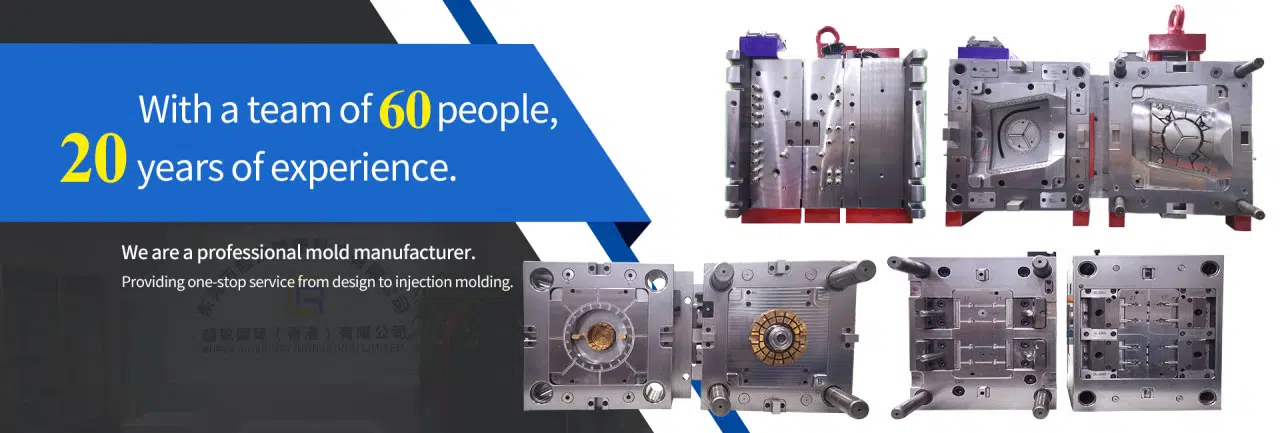
本身
# The Evolution of Electronics: From Vacuum Tubes to Quantum Computing
Keyword: Electronics
## Introduction to Electronics
Electronics has revolutionized the way we live, work, and communicate. This field of science and technology deals with the flow of electrons in various materials and devices, enabling the creation of countless modern conveniences we take for granted today.
## The Early Days: Vacuum Tubes and Transistors
The journey of electronics began with vacuum tubes in the early 20th century. These glass-encased components controlled electric current flow and were essential in early radios, televisions, and computers. However, they were bulky, fragile, and consumed significant power.
The invention of the transistor in 1947 marked a turning point. These solid-state devices were smaller, more reliable, and more energy-efficient than vacuum tubes. The transistor became the fundamental building block of modern electronics, earning its inventors the Nobel Prize in Physics.
## The Integrated Circuit Revolution
The Birth of Microelectronics
In 1958, Jack Kilby and Robert Noyce independently developed the integrated circuit (IC), which combined multiple transistors and other components on a single semiconductor chip. This breakthrough led to:
- Dramatic size reduction of electronic devices
- Increased reliability and performance
- Lower production costs through mass manufacturing
The Microprocessor Era
The development of the microprocessor in 1971 brought computing power to everyday devices. This single chip containing a complete central processing unit (CPU) enabled the personal computer revolution and paved the way for modern smartphones and IoT devices.
## Modern Electronics and Future Trends
Current Technologies
Today’s electronics landscape includes:
- Nanoscale transistors with features smaller than 10 nanometers
- Flexible and wearable electronics
- Advanced sensors and MEMS (Micro-Electro-Mechanical Systems)
- High-efficiency power electronics for renewable energy systems
The Quantum Future
Quantum computing represents the next frontier in electronics. By harnessing quantum mechanical phenomena like superposition and entanglement, these systems promise to solve problems intractable for classical computers. While still in early stages, quantum electronics could revolutionize fields from cryptography to drug discovery.
## Conclusion
From bulky vacuum tubes to quantum bits, electronics has undergone remarkable transformation in just over a century. As technology continues to advance, we can expect even more astonishing developments that will further reshape our world. The future of electronics promises to be as exciting as its past.